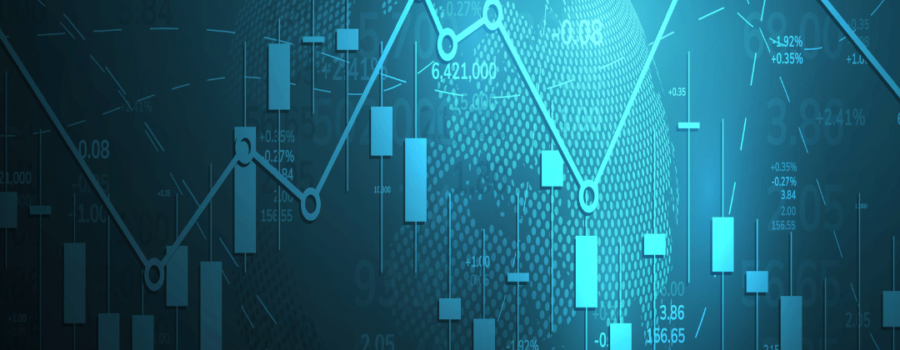Continue active refreshing of this index's data?
Continue active refreshing of this index's data?

News & Research
Most Recent News & Research

Term spreads have risen in multiple regions around the globe, as long-term sovereign yields soared amid rising (expected and actual) inflation but central banks took longer to raise short-term interest rates. The impact of this on international real estate has mostly been positive over the past two-and-a-half years.

Index | ESG & Sustainability
The International Real Estate Index — A hedge against expected inflation
Real estate has long had the reputation of being at least a partial hedge against inflation, since both rental income and property values typically respond positively to inflationary pressures. The iSTOXX Developed and Emerging Markets ex USA PK VN Index has lived up to this reputation historically and is continuing to do so in the current inflationary environment.

Index | ESG & Sustainability
Holding the world in your portfolio and considering climate transition risks
The STOXX WTW Climate Transition Indices are a new approach to managing climate risk that offer investors a systematic and transparent way to incorporate climate transition risk into their investment decisions.

Index | ESG & Sustainability
Want to incorporate SDG exposures into your portfolios? There’s no such thing as a (risk) free lunch, but here’s a way to do it…
This paper focuses on creating SDG portfolios that maximize exposure to one, two or all SDGs. The study shows that it is quite possible to create a portfolio that significantly improves the exposure to SDGs without taking on too much active risk. An optimizer can help manage that active risk.

Index | Thematic Investing
Thematic investing in the current climate – A more focused approach to sustainable and future-proof investing
The Russian invasion of Ukraine spooked equity investors around the world, but losses were not distributed equally across all sectors, with some industries even exhibiting positive returns. This opens up opportunities for more focused strategies such as thematic investing.

Index | ESG & Sustainability
Sustainable investment fund labeling frameworks: An apples-to-apples comparison
The list of sustainable investment (SI) frameworks guiding portfolio design is long and keeps growing. Rarely a day goes by without intense discussion of some or all of them, and their often-conflicting implications for fund design. The authors of this paper aim to contribute towards this intensifying debate by examining in detail (as of October 2021) the criteria used in the 12 most important European pieces of legislation, country-specific fund labels and other standards guiding SI product design.

Index | Portfolio Construction
A CVaR Scenario-Based Framework for Minimizing Downside Risk in Multi-Asset Class Portfolios
In this research, we show a two-phase scenario-based CVaR hedging approach to help minimize downside risk in MAC portfolios.

Index | ESG & Sustainability
Quantifying corporate societal impact using United Nations’ Sustainable Development Goals
This is the second in a series of Qontigo and Clarity AI research papers, which focuses on the challenge of measuring impact as a key means of bridging the gap between impact investment theory and practice.

In this whitepaper, we show how portfolios can be built that provide more attractive sustainability characteristics – without taking on too much risk.

Index | ESG & Sustainability
On the Way to Impact Investment: Mind the Gap between Theory and Practice
For this paper Qontigo’s Sustainable Investment Team collaborated with Clarity AI’s research team to deep dive into the theory and practice of impact investment, define the gaps and propose the reconciliation methods between the two.

This whitepaper evaluates two thematic investment strategies – STOXX® Global Ageing Population (“Ageing Population”) and STOXX® Global Millennials (“Millennials”) – which seek exposure to these two distinct generations.

In this paper we analyzed four tech-oriented thematic indices’ performance and risk through a factor lens leveraging Axioma’s Worldwide Fundamental Factor Model, and also compared their characteristics to the broad market indices.

